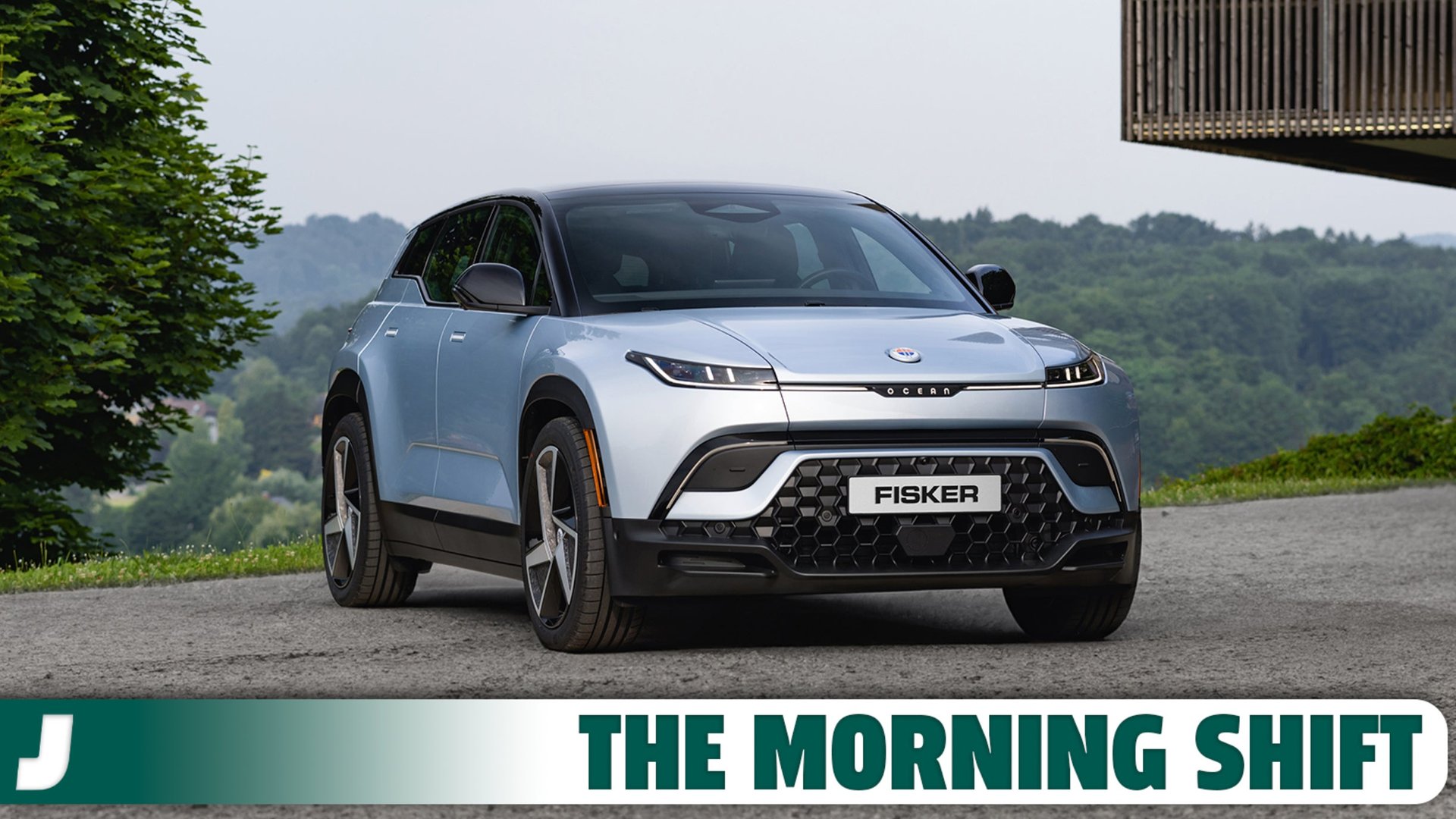EV startup Fisker was a comedy of errors at every turn before it went bankrupt
While the EV slowdown didn’t help its case, that is far from the only reason Fisker went the way of the dodo bird

When Fisker filed for bankruptcy earlier this week the now-dead automaker did everything but admit to its own mistakes. It patted itself on the back by claiming it achieved “incredible progress” and was “making good” on promises before blaming its demise on “various market and macroeconomic headwinds” that impacted the electric vehicle industry as a whole.
Suggested Reading
While the EV slowdown didn’t help its case, that is far from the only reason Fisker went the way of the dodo bird. In fact, it’s probably not even in the top 50 reasons Fisker failed even though it had a better chance than most to succeed. From Bloomberg:
Related Content
Henrik Fisker and his wife, Geeta Gupta-Fisker, benefitted from incredible strokes of luck four years ago, when one of the weirder byproducts of the Covid-19 pandemic was stock market amnesia. Specifically, investors forgot how difficult it is to start a car company and keep it alive.
Henrik’s second plug-in car venture — the first went bankrupt in 2013 — epitomized this phenomenon. Fisker, the company, was so low on funds in early 2020 that its husband-and-wife co-founders stopped taking pay and furloughed other employees for months. Their fortunes changed when a bevy of special-purpose acquisition companies sprung up and started offering huge sums to aspiring EV manufacturers.
No revenue was no problem. What mattered was whether these companies and the SPACs that gobbled them up could craft slide decks snazzy enough to pique the interest of overnight day traders cooped up in their homes.
A month after electric-truck startup Nikola made its market debut and briefly exceeded Ford’s valuation, Fisker agreed to combine with a SPAC sponsored by the private equity giant Apollo, in a deal that would leave the car company flush with roughly $1 billion in cash. The Fiskers parlayed this into a partnership with the Canadian auto-parts manufacturer Magna.
On paper, at least, Fisker had secured a huge leg up over other new automotive entrants. The company wouldn’t have to worry about standing up a car factory and staffing it with productive workers. A massive Magna facility in Austria packed with experienced factory hands who put together hundreds of thousands of Toyota sports cars, BMW sedans and Mercedes-Benz SUVs annually would handle that work for Fisker.
Here’s where things started to go wrong. In practice, Fisker’s asset-light business philosophy was actually too light on assets. Sure, Magna got Ocean production going in late 2022, but those early cars were especially half-baked, missing things as simple as cruise control. For months, Fisker worked to deliver over-the-air updates that would bring more features.
But wait, it gets worse.
Automotive sales revenue didn’t start trickling in until the second quarter of last year, and Fisker apparently wasn’t even ready to handle this milestone. My former colleague Sean O’Kane reported for TechCrunch that the company lost track of millions of dollars in customer payments as it was ramping up deliveries. One person he spoke with said that checks weren’t cashed in a timely manner or were outright lost, and that staff often were scrambling to find credit card receipts or wired funds.
Fisker also floundered in its attempt to replicate Tesla’s direct-sales model. Last year, 10,193 Oceans were produced, but the company delivered only 4,929 to customers. Efforts to partner with dealerships at the beginning of the year proved too little, too late.
In January, February, April and May, the US National Highway Traffic Safety Administration opened investigations into possible defects, after drivers complained about multiple braking issues and being unable to shift into park or open doors. In the only month during this span that the regulator didn’t launch a probe, Fisker slashed Ocean prices by as much as $24,000 — a 39% discount.
Sure, EVs have hit a bit of a rough patch, but the automaker has acted like a spoiled kid who is blaming everyone but himself for its self-inflicted misfortune. This probably will not be a good look when Henrik attempts to make his third car company.